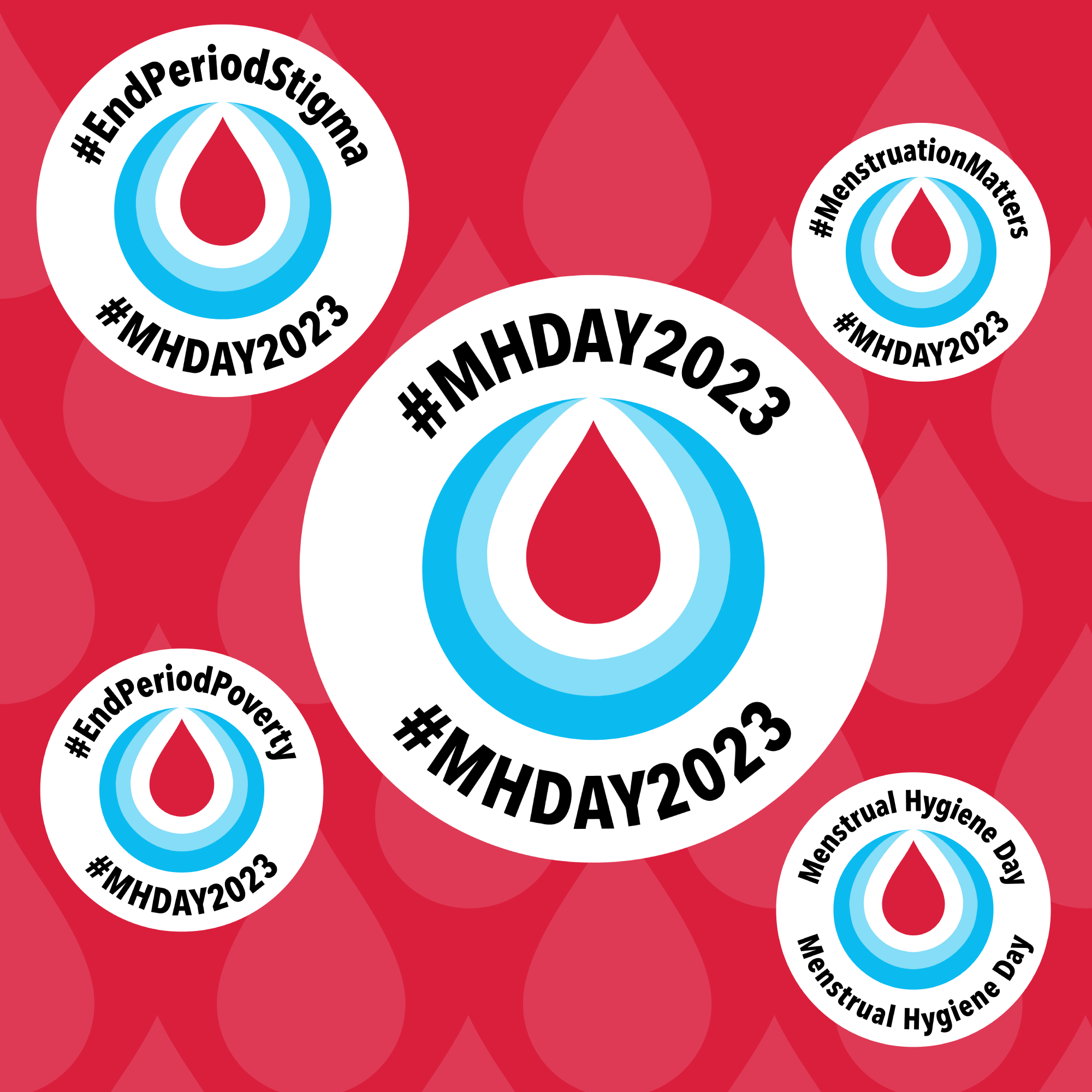Menstrual Hygiene Day
Menstrual Hygiene Day
Background
Menstrual Hygiene Day was initiated by the German non-profit WASH United in 2013.
The day is observed on the 28th day of the fifth month of the year because menstrual cycles average 28 days in length and people menstruate an average of five days each month.
Menstrual hygiene
Each of us has a right to bodily autonomy. The ability to care for your body while menstruating is an essential part of this fundamental freedom. Yet an estimated 500 million people lack access to menstrual products and adequate facilities for menstrual health.
Poor menstrual health and hygiene undercuts fundamental rights – including the right to work and go to school – for women, girls and people who menstruate. It worsens social and economic inequalities. Insufficient resources to manage menstruation, as well as patterns of exclusion and shame, undermine human dignity. Gender inequality, extreme poverty, humanitarian crises and harmful traditions can amplify deprivation and stigma.
Theme for 2023
 With that in mind, the theme for Menstrual Hygiene Day this year is “Making menstruation a normal fact of life by 2030.”
With that in mind, the theme for Menstrual Hygiene Day this year is “Making menstruation a normal fact of life by 2030.”
There is wide agreement on what people need for good menstrual health. The essential elements: safe, acceptable and reliable supplies to manage menstruation; privacy to change materials; facilities to safely and privately wash; and information to make informed choices. Comprehensive approaches that combine education with infrastructure and with products and efforts to tackle stigma are most successful in achieving good menstrual health.
Global and national health and development policies should prioritize menstrual health, with investment reflecting the important role it plays in human rights, public health, gender equality and sustainable development. Schools, workplaces and public institutions should ensure that people can manage menstruation with comfort and dignity. Targeted policies should seek to eliminate period poverty, in which low-income women and girls struggle to afford menstrual products and have limited access to water and sanitation services.
Last Modified : 5/28/2023
This topic explains different menstrual disorders ...
Menstruation is the periodic discharge of blood an...
This topic contains the information related to Men...
